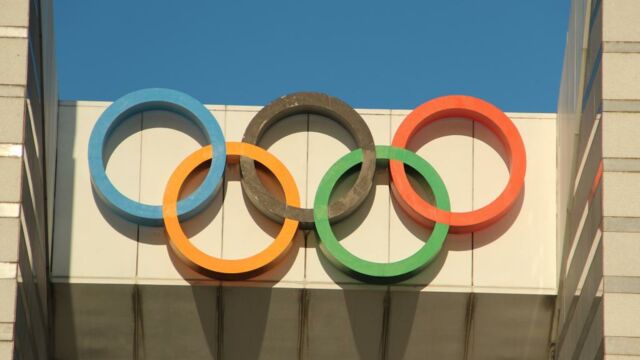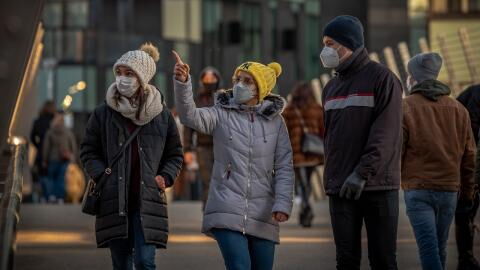Despite uproar both internationally and locally, organisers of the summer Tokyo Olympics have remained firm in their decision to go forward with hosting the sporting event in spite of growing concern surrounding the spread of the Indian mutation of the coronavirus.
Discover our latest podcast
Strict social distancing
But with infection rates multiplying rapidly in Japan, organisers are looking to impose strict measures as a contingency plan to diminish the spread of the dangerous strain.
For starters, fans will very likely have to get tested or show proof of vaccination to be able to enter venues. A government official told the Yomiuri Shimbunthat cheering, eating, high fives and other forms of physical contact as well as consuming alcohol are also being considering for ban.
In the coming weeks, organisers will be deciding how many spectators—if any at all—will be allowed to attend the games. As overseas fans have already been barred from attending, domestic spectators will be denied entrance or kicked out from the premises if the aforementioned requirements are not met. The unnamed government official stressed the importance of implementing these rules so as to avoid considerable damage being done by further upsurges by the virus:
The plan is to stop the spread of infections during Games time with strict countermeasures.
49% of locals approve of the games
These measures are said to be crucial for Japan as their vaccine rollout program has been moving slowly with less than 2.5% of the population fully vaccinated thus far. In addition, Tokyo and other parts of the country have recently extended the state of emergency last Friday until June 20—a little over a month before the opening ceremony scheduled to be held on July 23.
A recent poll published by the Yomiuri Shimbun found that 49% of Tokyo residents want the games to go ahead, while 48% would prefer them to be cancelled.
Further findings from the poll have shown that 25% would want the games to go forward but with a limited number of spectators so as to contain the spread of the virus while 24% believed it would be better for no fans to be present at all.















